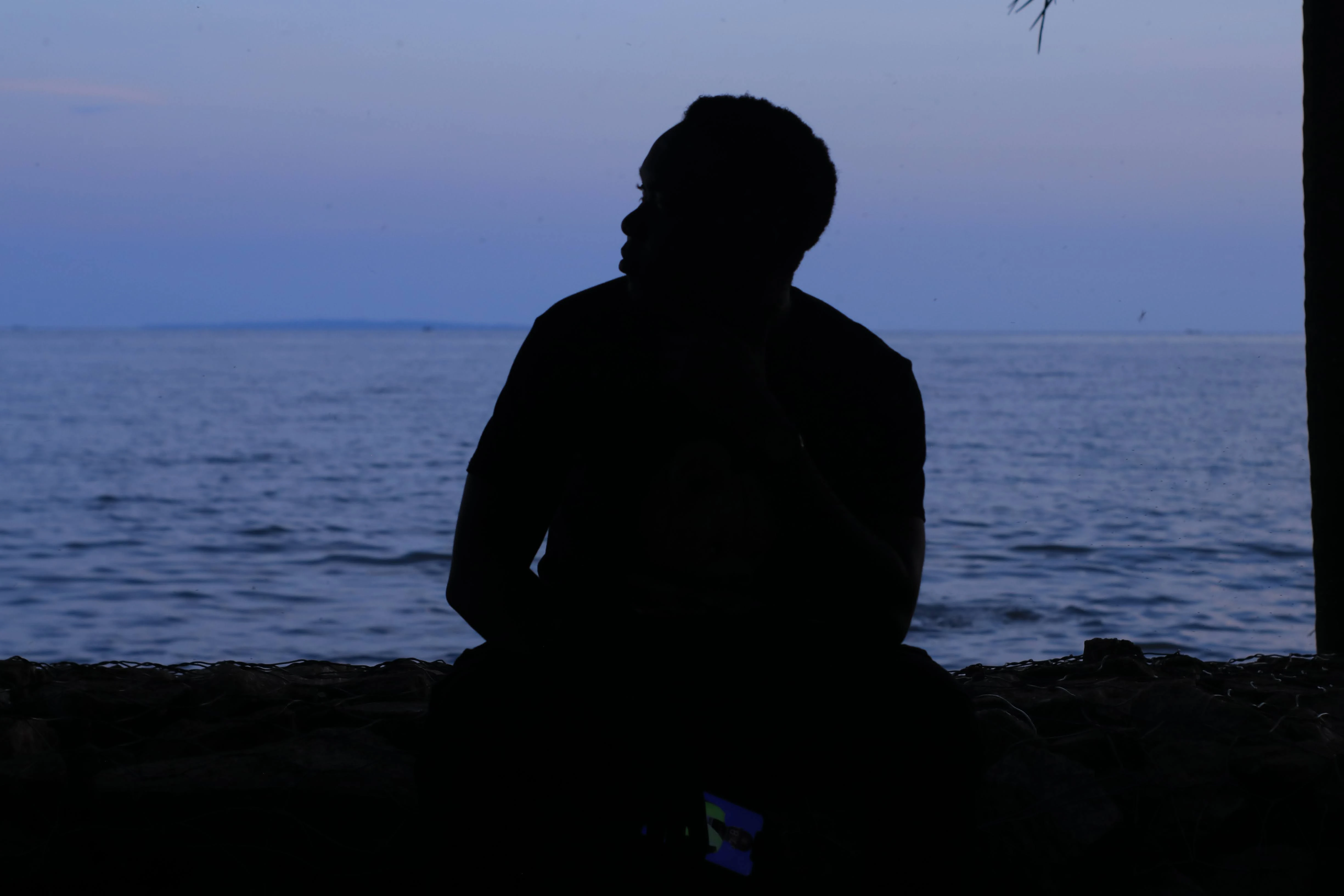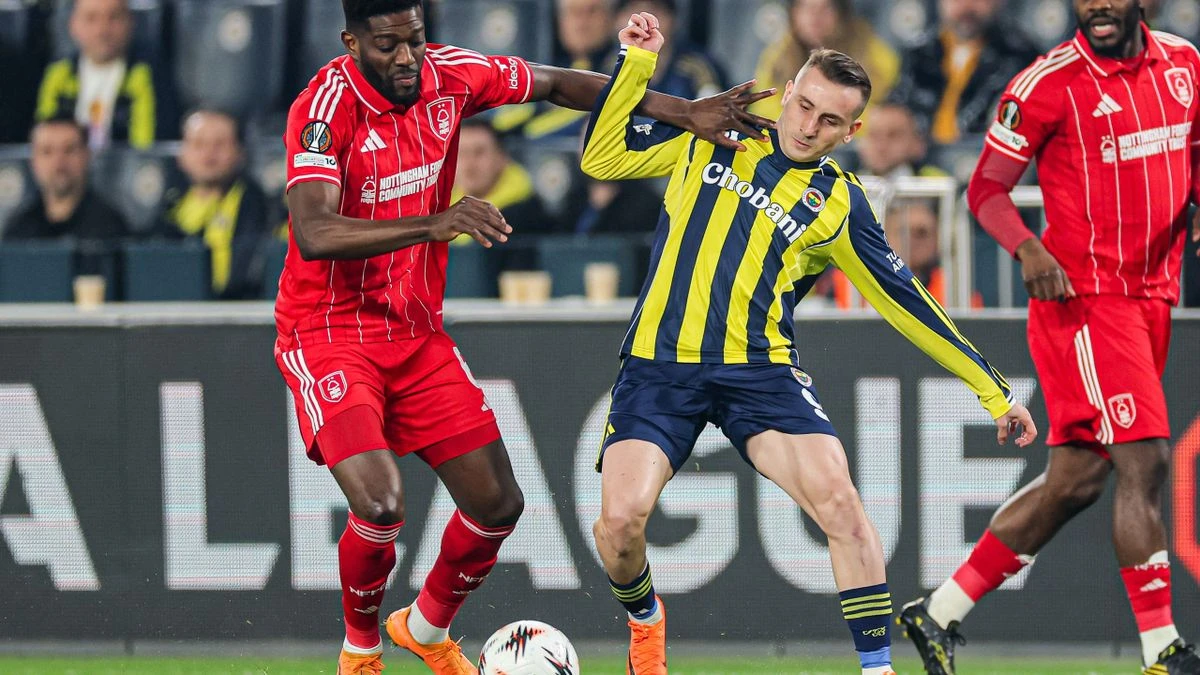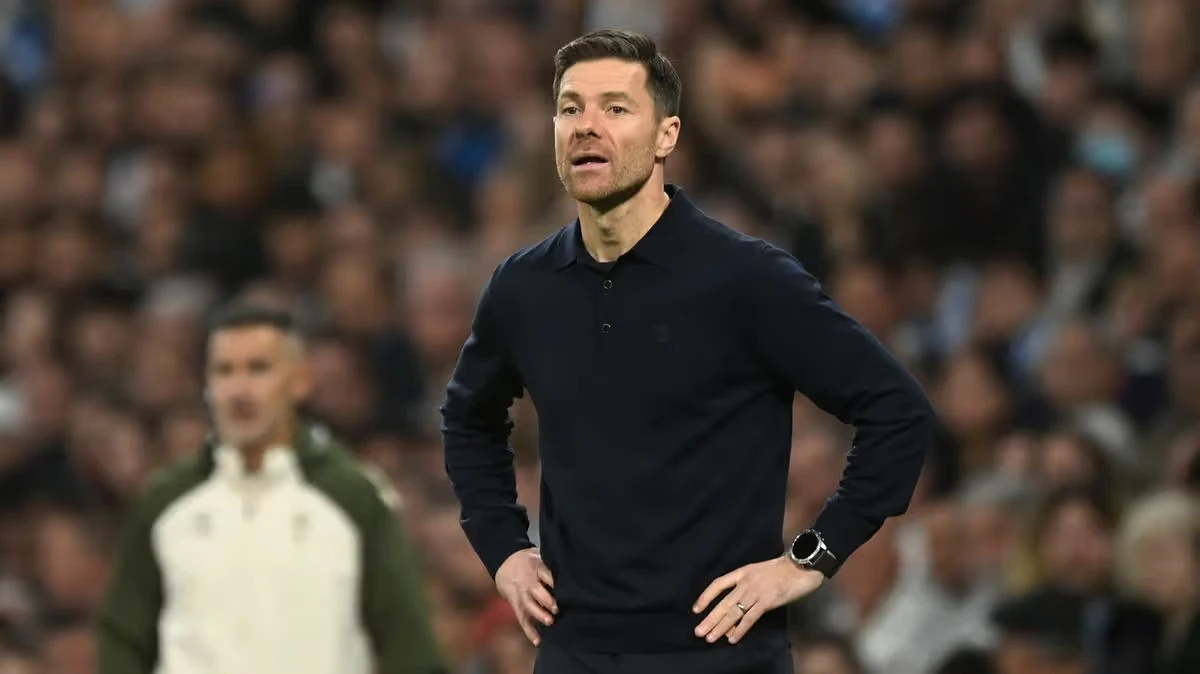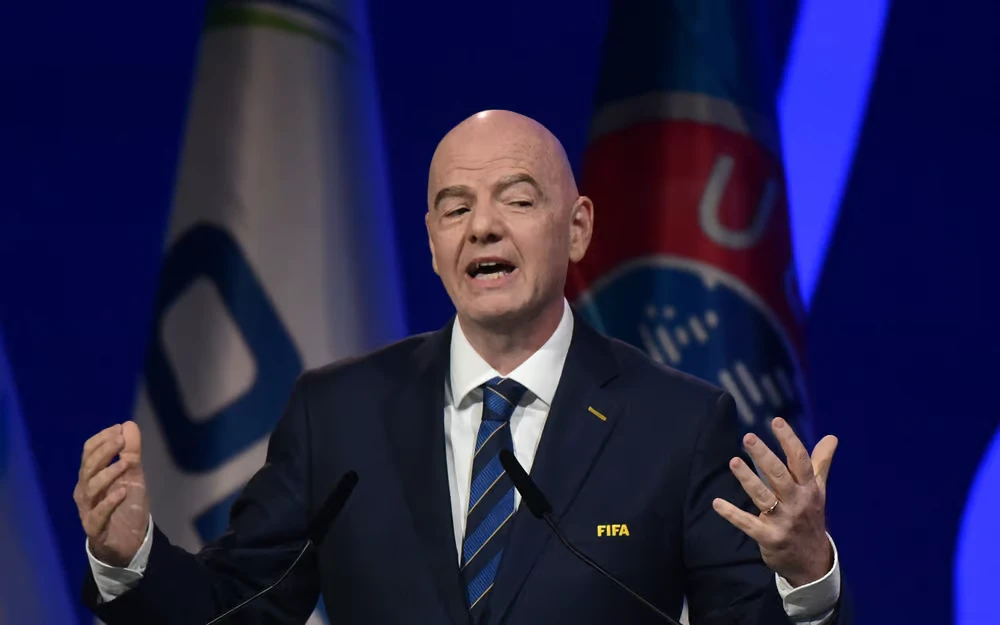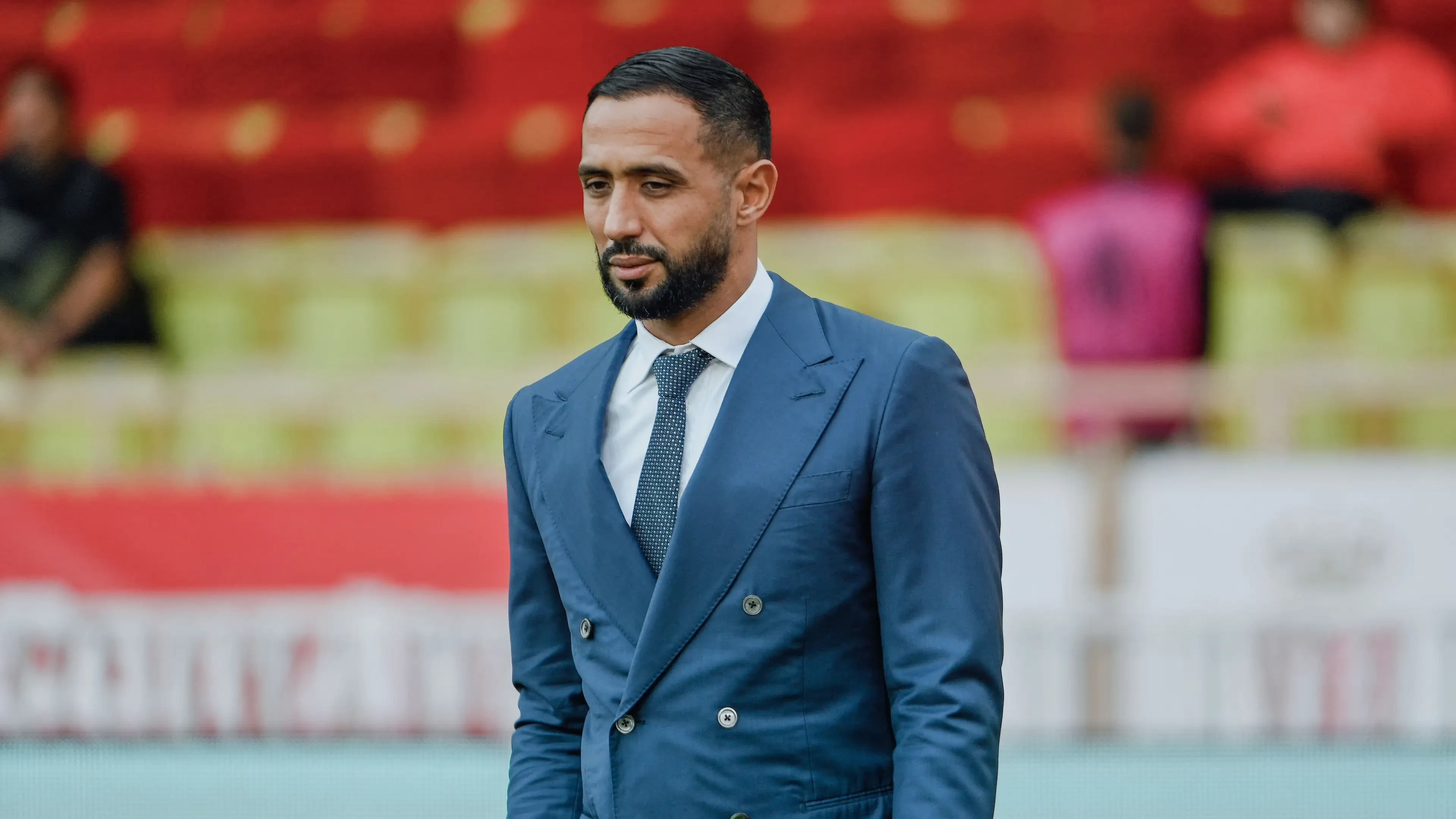NEW RULE: WORLD CUP TOP SEEDS APART UNTIL SEMI-FINALS
FIFA's new World Cup draw ensures top seeds Spain, Argentina, France, and England can't meet until the semi-finals.

For the first time, the top four seeded countries at next year's World Cup can't face each other until the semi-finals.
FIFA said that Spain (1st) and Argentina (2nd) will be paired and put in groups on opposite sides of the draw.
France (3rd) and England (4th) are paired too. This means England can't play Spain or Argentina until the semi-finals and France until the final, but only if all four win their groups.
When teams are paired, they go into opposite halves of the bracket and can only meet in the final.
Wimbledon does this, and so does the new Champions League format, keeping paired seeds apart.
FIFA wants to make sure the top countries don't meet too early, hoping for bigger matches later in the tournament.
They used the same ranking for the Club World Cup this summer.
France beat England 2-1 in the 2022 World Cup quarter-finals, and Spain beat England in the Euro 2024 final.
The four pots for the final draw on Friday, December 5, are set.
First-timers Uzbekistan are in pot three, and Jordan, Cape Verde, and Curacao are in pot four.
How does the draw work?
The 12 World Cup groups will each have one team from each pot.
FIFA will draw teams from pot one first.
Co-hosts Mexico (A1), Canada (B1), and the United States (D1) get special treatment: colored balls with their flags. Their group spots are set so they play all games at home.
As teams are drawn, they go into the next open group alphabetically.
The draw computer will put Spain, Argentina, France, and England in the correct bracket sections.
Then pots two, three, and four are drawn.
Unlike before, to speed things up, countries won't be drawn into group positions.
Seeded countries go into position one. A random grid will decide how other countries fit into the group to make the schedule.
No group can have more than one country from the same region. When Colombia is drawn from pot two, they can't go into a group with Argentina or Brazil.
This is true for all pots, except that four groups will have two European teams, since there are 16 European qualifiers for 12 groups.
The inter-region play-offs have few group options. Pathway 1 (New Caledonia, Jamaica, DR Congo) can't be in a group with Concacaf or African teams.
Pathway 2 (Bolivia, Suriname, Iraq) must avoid South America, CONCACAF, and Asia.
Game dates and order will be known after the draw, but venues and times won't be set until Saturday, December 6.
THE VERDICT: WHY ROY KEANE AND JAMIE CARRAGHER RANK THE OLD FIRM ABOVE ALL ENGLISH DERBIES
The Old Firm reigns supreme: Discover why Roy Keane and Jamie Carragher rank Rangers vs Celtic as the world's best derby match.
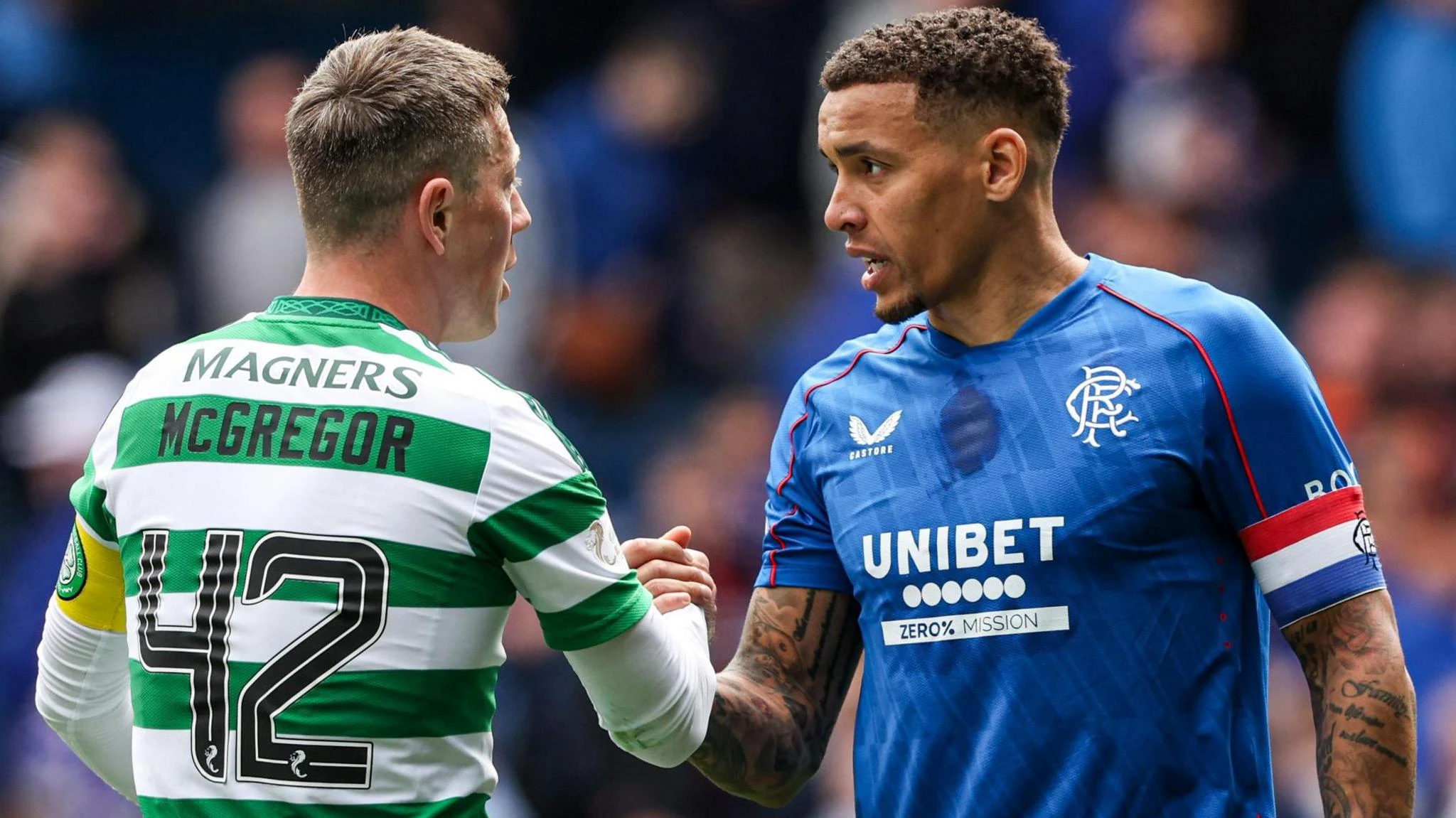
Rangers and Celtic just got another nod in the never-ending debate over football’s fiercest rivalries.
Some well-known pundits down in England have been weighing in, trying to settle the question of which derby tops them all. Roy Keane and Jamie Carragher, for example, sat down on The Overlap to share their picks. The Old Firm Rangers vs Celtic came up fast. Everyone knows their meetings in Glasgow are some of the most intense in world football, and you can tell the folks south of the border get how much it means when those two meet in the Premiership.
Ian Wright went with the North London derby, his old team Arsenal against Spurs, right out of the gate. Jill Scott gave a shout-out to Sunderland vs Newcastle. But Carragher didn’t hesitate, insisting nothing matches the atmosphere of Rangers vs Celtic. You can almost hear the crowd just thinking about it.
And Roy Keane? He jumped in and said it’s Celtic vs Rangers, especially when both are pushing for the top. Ange Postecoglou, who’s managed both Celtic and Tottenham, backed the Old Firm too, even as Gary Neville turned the spotlight back to North London, or Sunderland vs Newcastle. Still, a bunch of the panel agreed: Old Firm day is the one you don’t want to miss.
Right now, Rangers sit second in the league with Livingston up next on Sunday. Their manager, Danny Rohl, sounded upbeat: “We just need to keep it up, one game at a time. Last week’s win over Hearts was a great statement. The training the next day was sharp; guys who didn’t play were still fired up. It’s one of the first normal weeks since I arrived, so we’re keeping the intensity but also letting the players recharge. We’re ready for Sunday, but these games demand full focus. We have to win, simple as that; otherwise, last week means nothing.”
Celtic, meanwhile, is gearing up to face Hibs. They’re in third and looking to close the gap at the top. Martin O’Neill looked back at his earlier meetings with Hibs: “It’s always a tough game. We faced them early in my first spell, and they really gave us trouble. They just beat St Mirren and played very well against Hearts too, so we have to be prepared.”
Midfielder Alex Oxlade-Chamberlain added, “Playing at home, in front of your fans, it’s always special. You get that little edge. Every game’s a chance, but you really have to make the most of home fixtures. That’s where you need to lock down all three points, because away games only get harder.”
THE ZIDANE AGREEMENT: WHY ZINEDINE ZIDANE FINALLY CHOSE FRANCE OVER THE MANCHESTER UNITED JOB
Zidane is headed to France! Discover the verbal deal for the 2026 World Cup and Wayne Rooney’s plea for Michael Carrick at United.

Zinedine Zidane has apparently struck a verbal deal to take over as France’s coach after the 2026 World Cup.
Italian media say the 53-year-old will step in once Didier Deschamps’ contract runs out after the tournament in the USA, Canada, and Mexico. Deschamps has been in charge for a long time, but after this summer, it sounds like Zidane’s finally stepping into the job so many have linked him with.
Zidane hasn’t coached since he left Real Madrid back in 2021. Since then, he’s been connected with all sorts of high-profile gigs. Manchester United popped up a lot, but he’s stayed out of the spotlight. Still, the French job always felt like his natural next move.
Back in October, Zidane made it clear that coaching France was on his mind. At an event put on by La Gazzetta dello Sport, he said, “I’m sure I’ll get back into coaching. I’m not saying it’s going to happen now, but what I want one day is to coach the national team.”
So with Zidane set on France, that’s one more big name off the table for Manchester United, who are still hunting for their next manager after Michael Carrick stepped in as caretaker.
Carrick’s done well since taking charge. There’s even talk about making his role permanent. Wayne Rooney, in The Mirror, said Carrick deserves the job full-time: “We’ve tried managers like Mourinho, van Gaal, ten Hag, and Amorim. For me, Carrick makes sense.”
Rooney didn’t just say that because they’re friends. He pointed out Carrick’s calming presence and real connection to the club. “Having someone there who knows and cares for the club makes a big difference. Michael is managing the squad well.”
Rooney also said people sometimes overlook what’s right in front of them, always looking for some new coach from abroad who doesn’t really care about the club. With Carrick, at least Manchester United would have a solid foundation to build on over the next few years as they try to get the club’s structure back on track.



